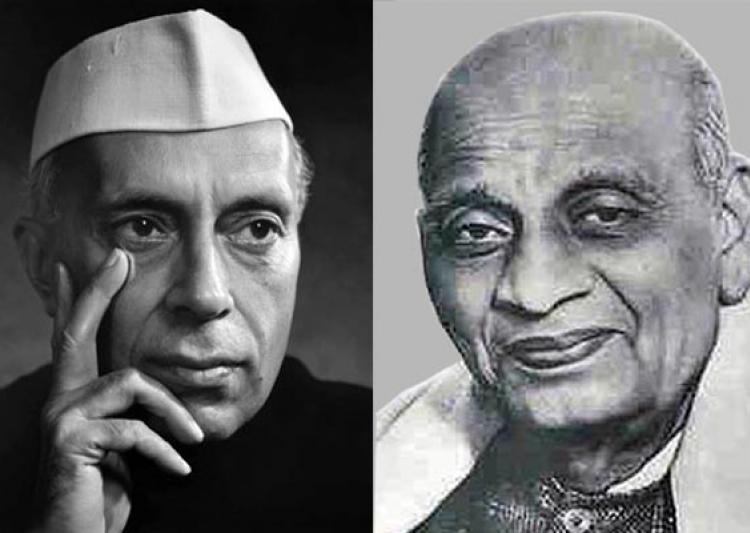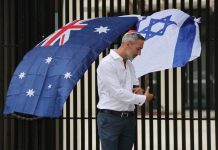Operation Polo and the merger of Hyderabad into India was one of the biggest achievements of the Nehru government. So why was the merger of Hyderabad into the Republic of India called Operation Polo?
At the time when the British were leaving India, all except the three of 562 princely states, were uncertain to merge with India. These three princely states were Kashmir, Junagadh, and Hyderabad.
Even during the British days, Hyderabad used to have its own army, rail service, and postal department. At that time Hyderabad was India’s largest monarchy in terms of population and GDP (gross domestic product).
Its area was 82,698 square miles, which was more than the total area of England and Scotland combined. Over eighty percent of Hyderabad’s population was Hindu, while despite being a minority; Muslims remained on important positions in both administration and army.
Under the leadership of fundamentalist Qasim Razavi, Razakars were performing public meetings in support of the independence of Hyderabad. They started to stop passenger trains in Hyderabad and attack non-Muslim passengers, and later on, they also started to attack trains in nearby districts outside the state of Hyderabad.
The merger of Hyderabad in India
The Nizam of Hyderabad, sensing a possible merger of Hyderabad in India sent a message to Jinnah and tried to know whether he would support Hyderabad in the fight against India? Kuldeep Nayyar has written in his autobiography ‘Beyond the Lines’ that Jinnah answered that he would not want to risk Pakistan’s existence for the marginalized people.
Nehru was in favor of Mountbatten’s suggestion that the whole issue should be resolved in a peaceful manner. Sardar Patel did not agree with this assessment of Nehru. He believed that Hyderabad at that time was like cancer in India’s stomach, which could not be tolerated.
Patel had an idea that Nizam of Hyderabad was completely in the grip of Pakistan. Even Pakistan was in a hurry to settle the Hyderabad issue, and the Nizam had planned to make a port in Goa for their use.
Not only this, the Nizam of Hyderabad was in direct contact with Lord Mountbatten, through his constitutional adviser Sir Walter Moncton. Conservative of Monkton is also closely related to the party.
When Mountbatten advised him that at least in the Constituent Assembly, Hyderabad should have sent a representative to him, then Moncton responded that if he presses heavily, then he will start thinking about a merger with Pakistan very seriously. On the issue of sending troops in Hyderabad, there were major differences of opinion between Nehru and Patel.
Maj Gen L. Ederus, the Chief of the Nizam, wrote in his book, ‘Hyderabad of the Seven Loves’, that the Nizam sent them to Europe to buy weapons. But he could not succeed in his mission because Hyderabad was not recognized as a free country. Interestingly, one day he suddenly collided with Mountbatten in the lobby of Dorset Hotel in London.
When Mountbatten asked him what he was doing there, he responded swiftly that he had come to treat his eyes there to which Mountbatten smiled. Nizam’s agent General Mir Nawaz Jung was in London Australian arms dealer, to Sydney Cotton agreed to supply arms to Hyderabad. When India came to know that the Sydney Cotton were bringing weapons to the Nizam, they banned all overhead flights.

At one time when Nizam realized that India was determined to merge with Hyderabad, he also offered the responsibility of foreign affairs, defense, and communication to India, while keeping Hyderabad as an autonomous state. However, this proposal did not see the day of light as the head of Razakars, Qasim Razavi, did not agree to it.
The brutalities of Razakars were protested in the hole of India. On May 22, when Razakars attacked the train of Hindus traveling on the Gangapur station, the people across the nation started criticizing the government that they were adopting a soft attitude towards them.
Lt Gen SK Sinha, former Deputy Chief of the Indian Army, writes in his autobiography Straight from the Heart: “I was in Kashmir with General Cariappa, that he received the message that Sardar Patel wanted to meet him immediately when we reached Delhi, I went to Patel’s house, I stayed in the verandas while Kariyappa went in to meet him and came out in five minutes. Later he told me that the Ruler asked direct questions to him, which he answered in one word. “
Sardar asked him if there is any military response from Pakistan on the issue of Hyderabad, will he be able to deal with the situation without any extra help? Cariappa answered a word of ‘yes’ and after that, the meeting was over.
After this, Sardar Patel finalized military action against Hyderabad. The then Chief of the Army, General Robert Butcher, was against this decision. They said that the Pakistani army could drop the bomb in Ahmedabad or Bombay in response to this.
The date for entering Hyderabad was twice fixed but due to political pressure, it had to be canceled. Nizam made a personal request to Governor-General Rajgopalachari that they should attack the state of Hyderabad. Raja and Nehru met and the two decided to stop the proceedings.
A meeting of Defense Secretary HM Patel and VP Menon was convened to answer Nizam’s letter. Durga Das writes in his book India from Corpson to Nehru and after, “When the draft of the letter was drafted, Patel announced that the Indian army has entered into Hyderabad and nothing can be done to stop it.”
Nehru and Raja were worried that this could lead to Pakistan being prompted to take retaliation, but for twenty-four hours nothing was done by Pakistan, their concern turned into a smile. Yes, as soon as the Indian army entered Hyderabad, then the then Prime Minister of Pakistan Liaquat Ali Khan convened a meeting of his Defense Council and asked him whether Pakistan can take any action in Hyderabad?
At the meeting, Group Captain Elvardi (who later became Air Chief Marshal and Britain’s first Chief of Defence Staff) said ‘no’.
He insisted and asked, ‘Can we not bombs on Delhi?’ Elvardi had the answer that yes it is possible but Pakistan has four bombers, of which only two are working. One of them probably reached Delhi and dropped the bomb but none of them will be able to return. ‘
This operation of the Indian Army was given the name of Operation Polo because at that time Hyderabad had the highest number of polo fields in the world. The action lasted for five days, where Rozkaars Hyderabad State forces faced heavy causalities, prior to surrendering. Pakistan’s founder Mohammad Ali Jinnah died on September 11, two days before the Indian Army’s action began.




